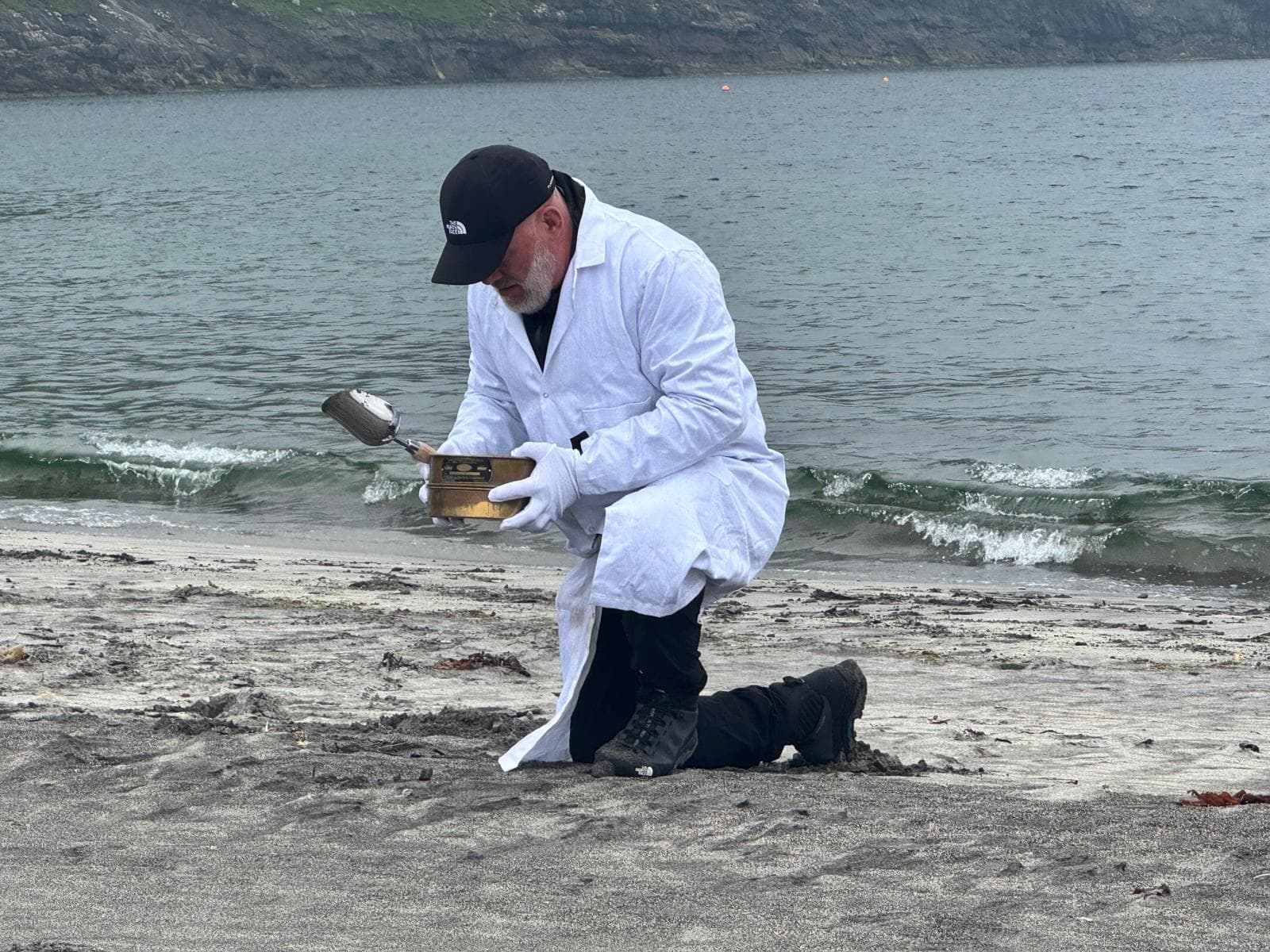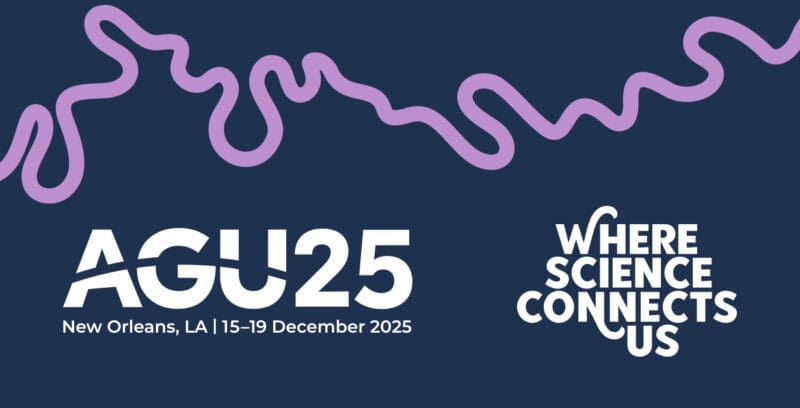In July 2025, Mission Spiritus completed its third global expedition – this time to the remote and rugged Faroe Islands. Led by polar explorer Alan Chambers MBE and expedition manager Billy Perham, the team was joined by world-renowned geologist Dr Maureen Raymo of Columbia University to continue their mission: collecting critical earth samples from some of the planet’s most untouched environments.
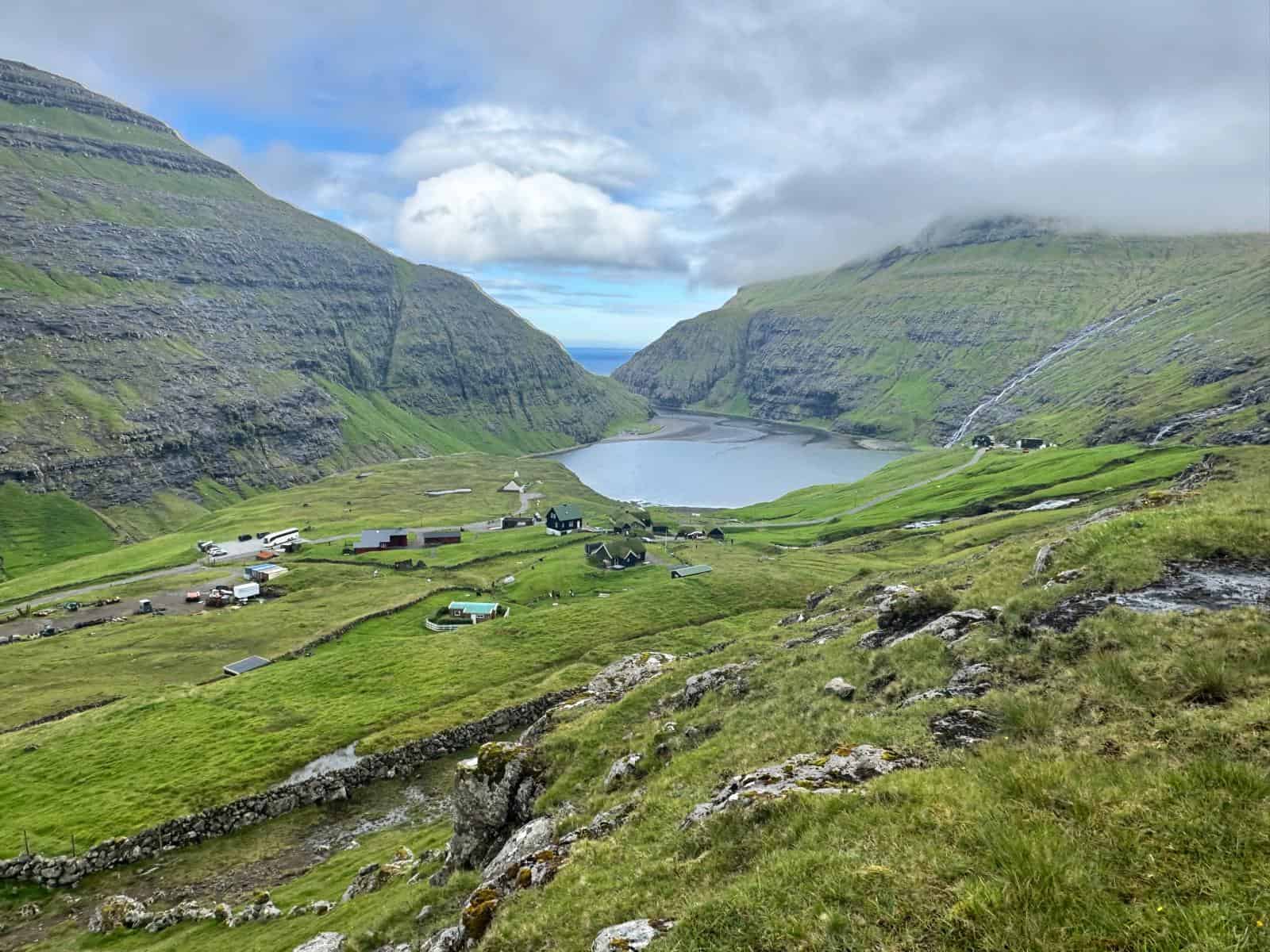
Mission Spiritus is a seven-part global science initiative designed to raise awareness of airborne micro and nano plastic pollution. Combining exploration, scientific fieldwork and educational outreach, the project investigates how these invisible pollutants infiltrate even the world’s most pristine ecosystems. Following earlier expeditions to Antarctica and Oman, the Faroes marked a new chapter in this ambitious journey.
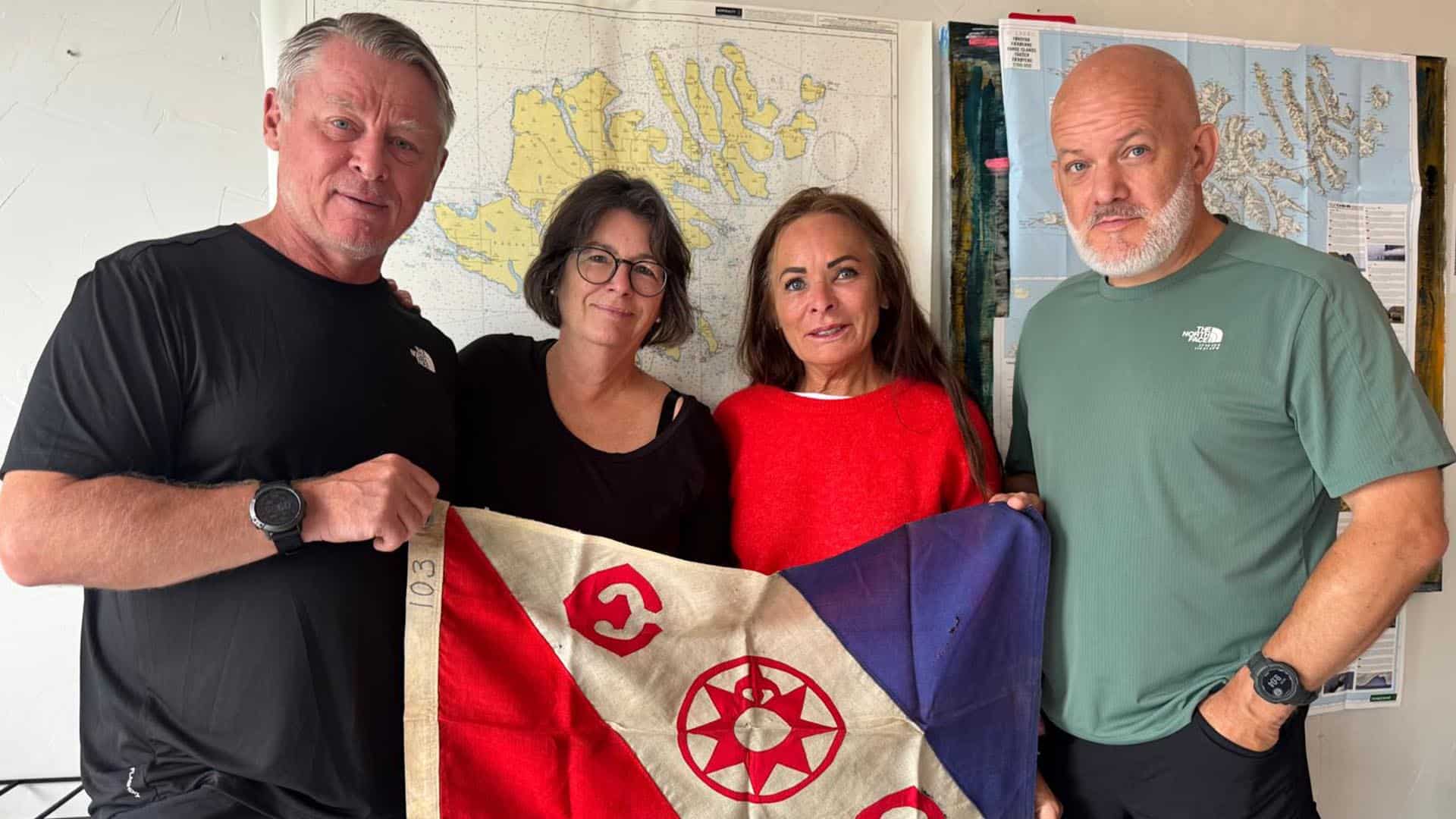
Working from a base in the capital, Tórshavn, the team crossed 10 of the archipelago’s 18 islands by boat, vehicle and on foot – navigating wild terrain, unpredictable seas and shifting weather. Over the course of the expedition, 49 water, sediment and beach samples were collected from remote inland lakes and coastal environments. Each will now be analysed by Columbia University to assess microplastic and nanoplastic contamination, with results expected in 2026.
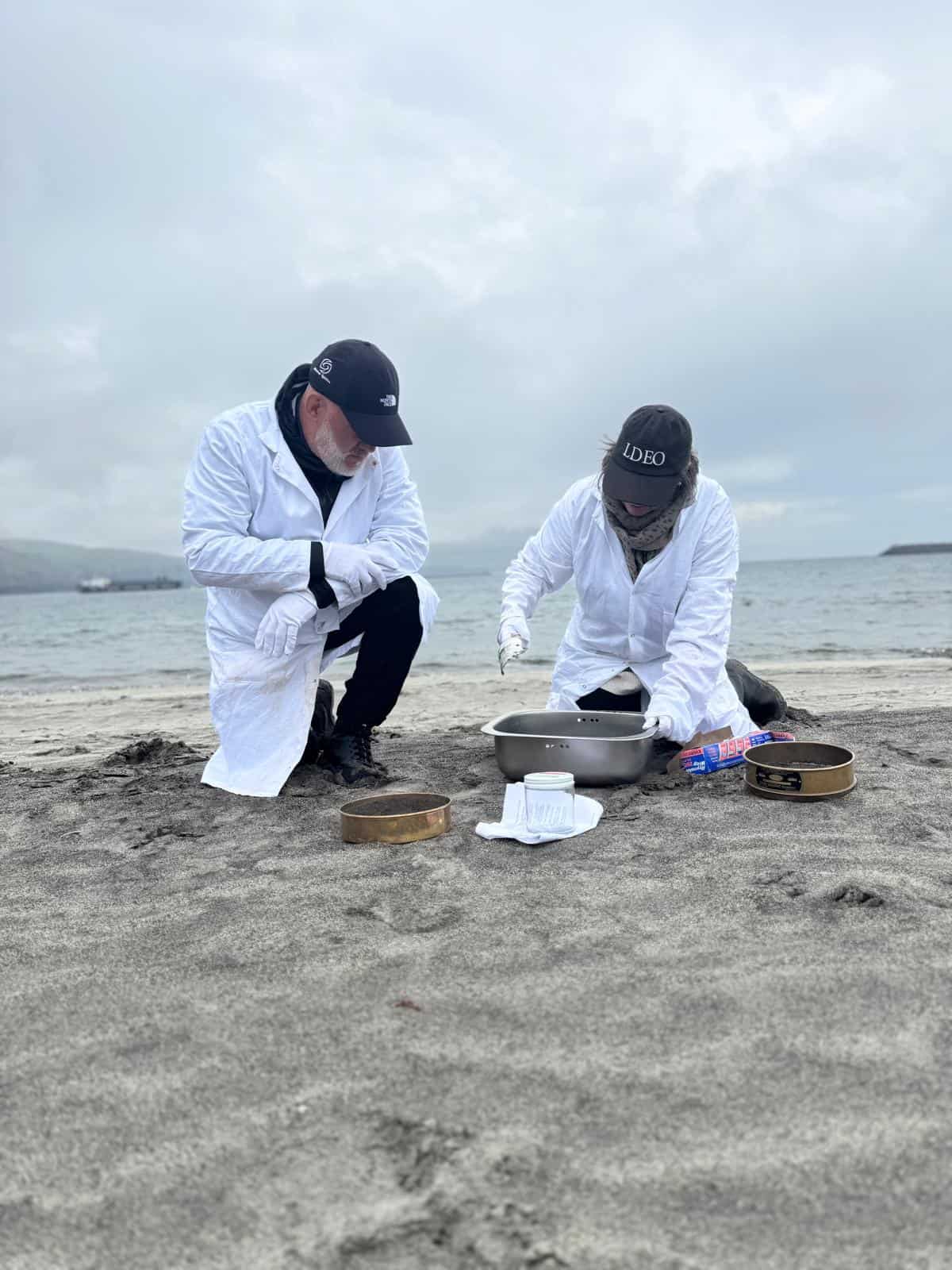
Expedition Highlights
Lítla Dímun
The team made a rare landing on the only uninhabited island in the Faroes. Less than a square kilometre in size and typically accessible only to local farmers and scientists, Lítla Dímun presented both a logistical challenge and a scientific opportunity. Samples were successfully taken from the island’s only freshwater spring – a significant milestone in the mission.
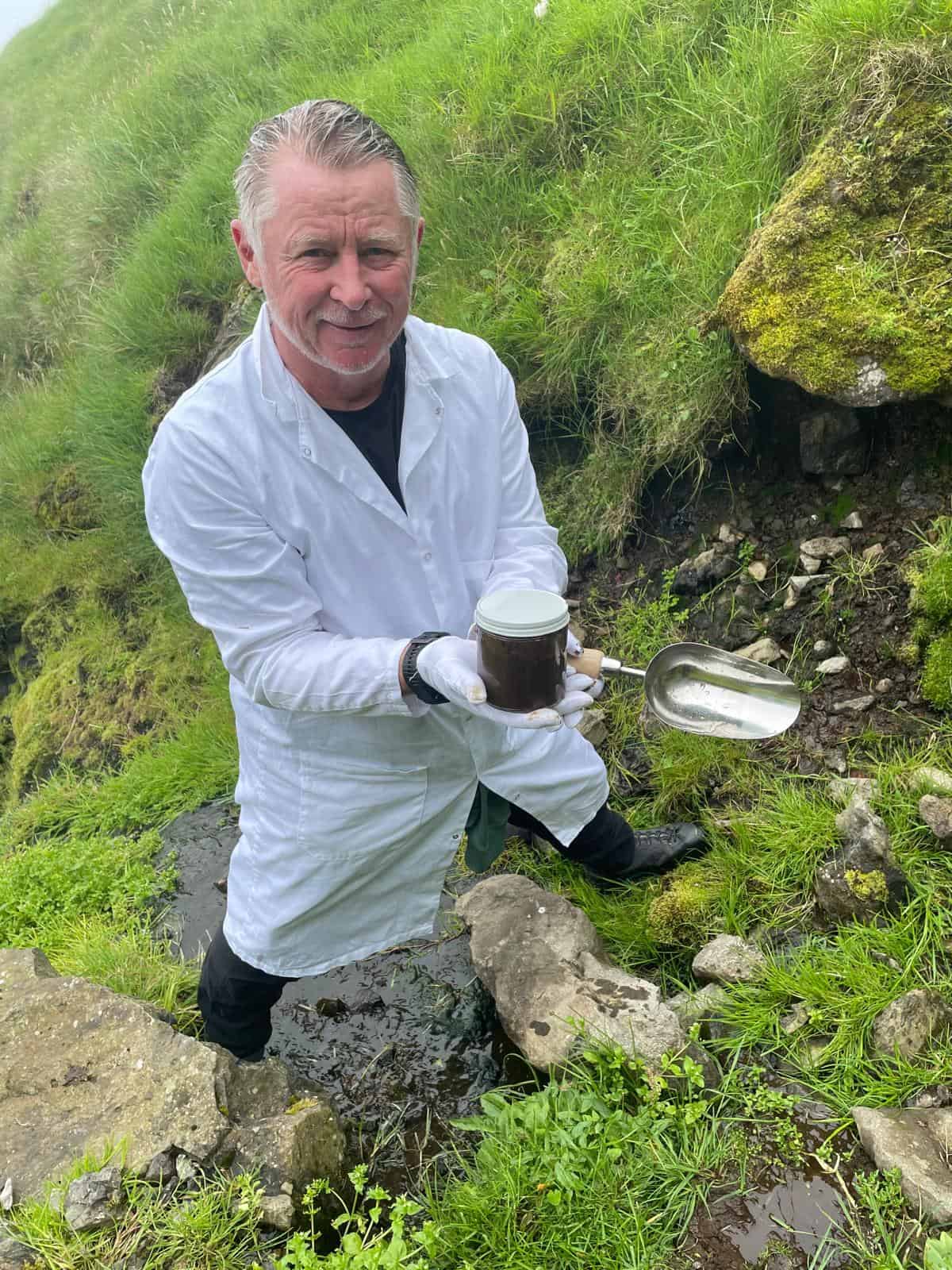
You can read the full update on Lítla Dímun here.
Fugloy
Sampling on Fugloy, the easternmost island in the archipelago, proved one of the most physically demanding parts of the expedition. Inhabited by just a handful of people and steeped in history dating back to the Viking Age, Fugloy offered a stark reminder of how few truly remote places remain – and how vital it is to understand the environmental changes happening within them.
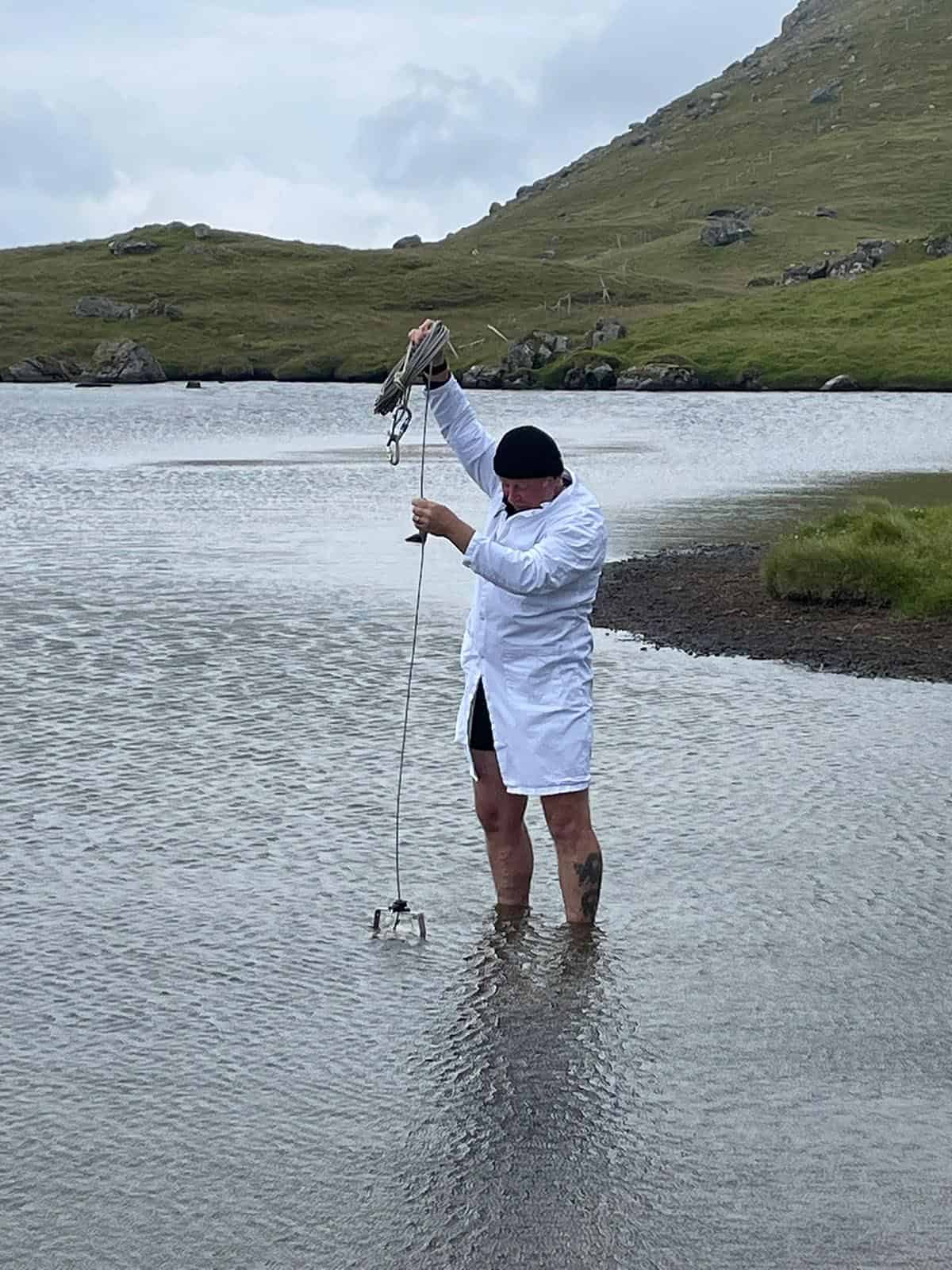
You can read the full update on Fugloy here.
Yet, it wasn’t just the natural environment that left its mark. The warmth, generosity and hospitality of the Faroese people were evident from the very beginning. From spontaneous conversations on the roadside to shared meals and local guidance, the human connection was as valuable as any scientific data.
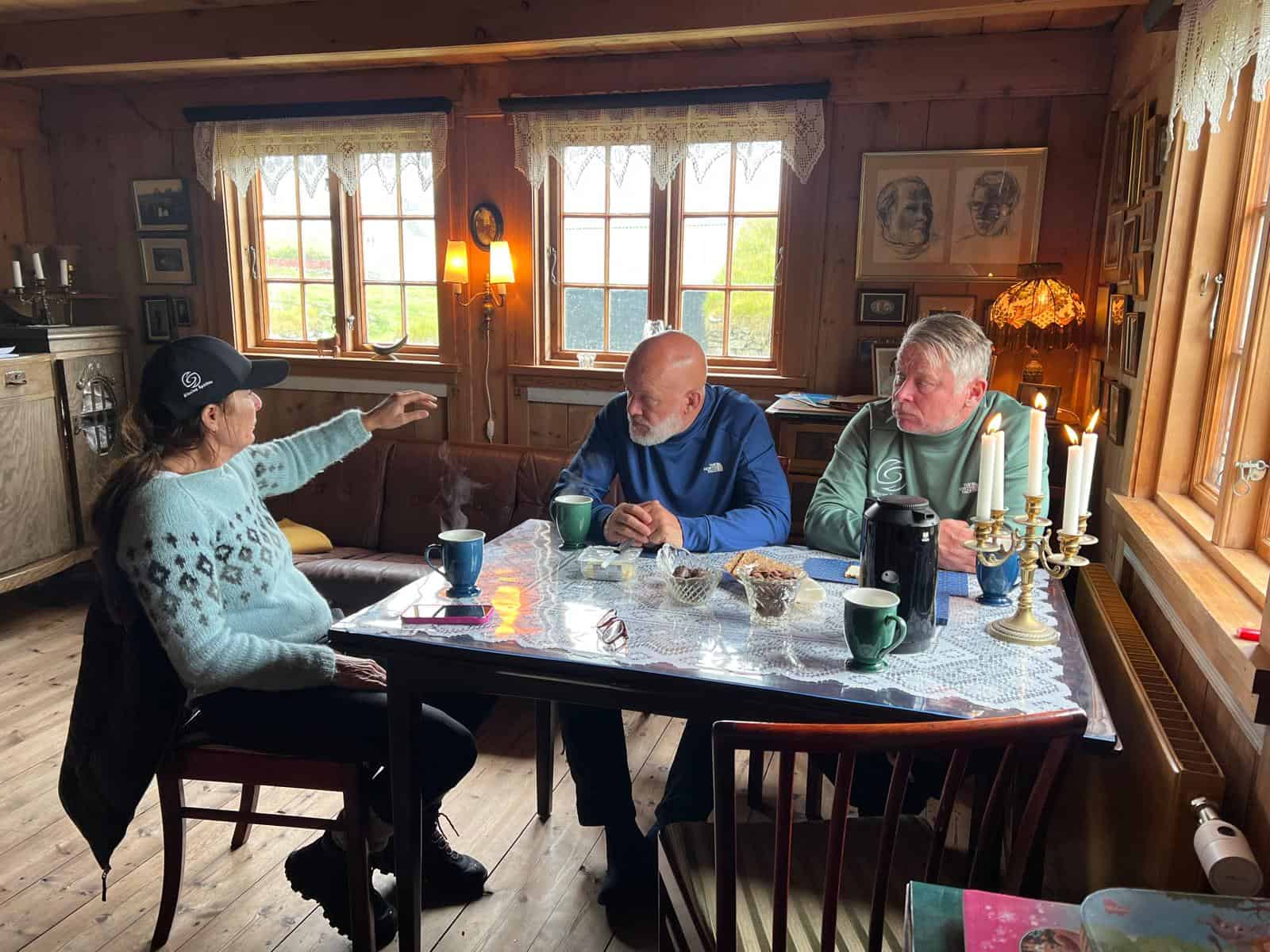
The expedition concluded with a live interview on Kringvarp Føroya (KVF) (48-59 mins), the national broadcaster – giving Mission Spiritus a platform to share its mission directly with the Faroese public and raise awareness of microplastic research across the islands.
The Road Ahead: What’s Next for Mission Spiritus?
With successful expeditions to Antarctica (2023–24), Oman (January 2025) and the Faroe Islands (July 2025) now complete, attention turns to the next chapter: Mission Spiritus (South America) in September 2026.
Future expeditions are planned to:
-
South America
Each destination pushes deeper into the world’s most remote and environmentally significant regions. The mission remains clear:
-
Expand the global understanding of airborne plastic pollution
-
Push the limits of human resilience in extreme conditions
-
Support scientific discovery with real-world fieldwork
Mission Spiritus is actively seeking corporate and communications partners who share our values – forward-thinking organisations that recognise the scientific, environmental and brand impact of aligning with a world-first initiative.
Media & Interview Opportunities
The Mission Spiritus team is available for interviews and feature content on:
-
Scientific insights into airborne micro and nano plastic pollution
-
Human resilience and expedition leadership in extreme environments
-
Partnership and documentary opportunities as the mission continues
Contact
Billy Perham, Operations Director, Mission Spiritus
info@missionspiritus.com
+44 (0) 7809 138219
